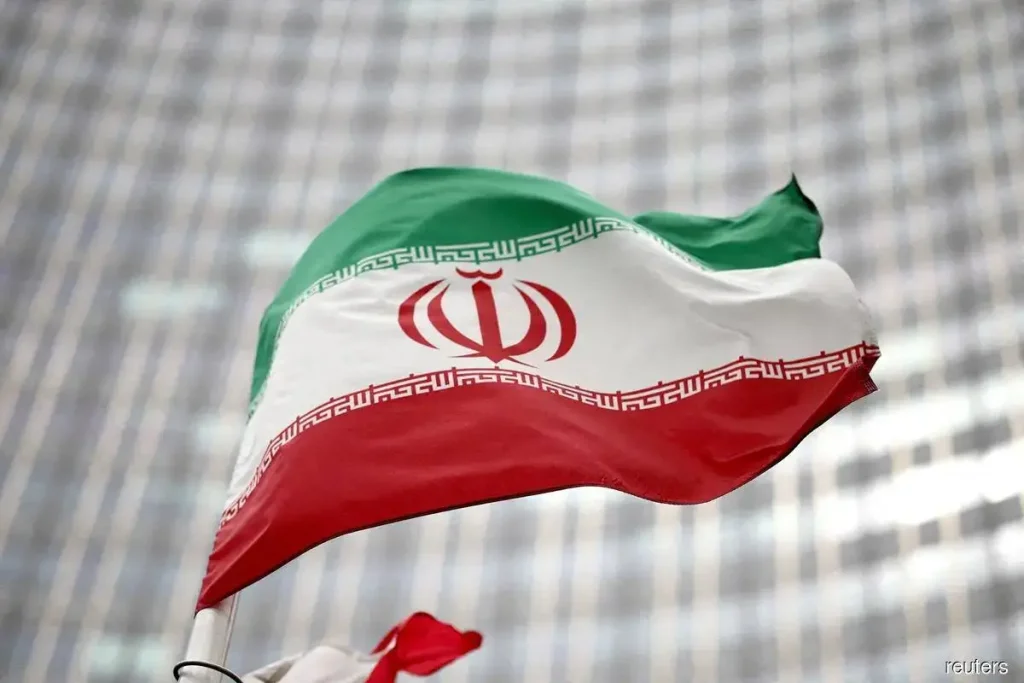Table of Contents

In an unexpected yet monumental move, Iran has decided to lift the long-standing ban on two of the most significant digital platforms in the world: WhatsApp and Google Play. For years, these platforms were inaccessible to millions of Iranians, depriving them of essential communication tools and access to the global digital economy. With this new decision, Iran has signaled a shift in its approach to digital freedoms and international relations. But what does this groundbreaking move mean for Iran’s tech landscape and the millions of users who have been deprived of these services for so long? Here are three key reasons why this momentous change is shaking up the status quo and paving the way for a more connected and innovative future.
1. A Major Step Toward Digital Integration with the Global Community
For years, Iranian citizens have faced significant barriers to accessing popular digital platforms like WhatsApp and Google Play. WhatsApp, which boasts over 2 billion global users, is one of the most widely used messaging apps worldwide. In Iran, its absence has led to the widespread use of alternative, often less secure, messaging platforms. Similarly, the ban on Google Play restricted access to countless apps, from essential productivity tools to entertainment, education, and e-commerce apps.
Furthermore, access to Google Play opens up the world of Android apps, allowing Iranian consumers to download globally recognized apps and services that have become integral to modern life. From e-commerce platforms to digital banking apps, the availability of Google Play will play a pivotal role in stimulating innovation within Iran, empowering individuals, and facilitating smoother digital transactions and services.
2. Boosting Tech Economy and Startup Ecosystem
Iran’s tech economy has struggled to reach its full potential due to restrictions on access to global tools and platforms. Many talented developers and entrepreneurs were limited by the lack of access to mainstream software tools and app distribution channels, which inhibited their ability to create competitive and internationally relevant products.
As they begins to embrace more open access to digital services, there’s an opportunity for a thriving startup ecosystem to emerge. With the removal of restrictions, Iranian app developers now have the chance to monetize their innovations on a global scale, which could lead to the rise of new tech unicorns in the country. This decision could also encourage foreign investments, as companies may now find it easier to collaborate with Iranian startups. The potential for growth is immense, and the world is watching to see how Iran capitalizes on this new digital freedom.
3. A Shift in Government Policy and Public Sentiment
The lifting of the WhatsApp and Google Play ban also reflects a potential shift in Iran’s government policy towards technology and digital freedom. In recent years, the Iranian government has increasingly sought to control and monitor the internet, citing national security concerns. However, this recent change in policy may signal a more pragmatic approach, one that acknowledges the importance of staying connected to the global digital infrastructure.
Moreover, this move could set a precedent for other services that were previously banned or heavily restricted, such as Instagram or Twitter. While no official announcement has been made about the potential lifting of bans on these platforms, the opening up of WhatsApp and Google Play suggests that a broader policy shift may be underway. The Iranian public is beginning to see more digital freedom, and this could be a turning point in the country’s approach to internet governance.
Final Thoughts
The decision to lift the ban on WhatsApp and Google Play represents a monumental shift in Iran’s digital landscape. For years, Iranians have been cut off from the global tech ecosystem, unable to access tools that many of us take for granted. This change will allow the country to integrate more seamlessly into the digital age, benefiting both individuals and businesses. With access to these platforms, Iranian citizens will be better equipped to communicate, innovate, and engage with the rest of the world.
While the lifting of these bans is undoubtedly a major step forward, it’s only the beginning. As Iran’s government continues to reassess its policies toward technology and digital freedoms, it’s possible that further changes will follow, opening up even more opportunities for the country’s growing tech industry. For now, though, the restoration of access to WhatsApp and Google Play is a powerful reminder of how digital freedoms can drive change and foster connection in the modern world.

For more interesting stories: WhatsApp’s Landmark Victory: 5 Key Insights from Its Legal Battle Against Pegasus Spyware-Maker | 3 Groundbreaking Reasons Iran Lifting the Ban on WhatsApp and Google Play Marks a New Era for Technology in 2024 |



